IUDs are definitely trending in the birth control world! Why? Because of how easy, efficient, and effective they are. Taking a birth control pill every day, at the same time, can be a challenge for a lot of women. IUDs take human error out of the equation, which is why they’re quickly becoming a more popular option. But, before you make an appointment with your doctor to try one out, make sure you know all the facts first — here are 11 of them:
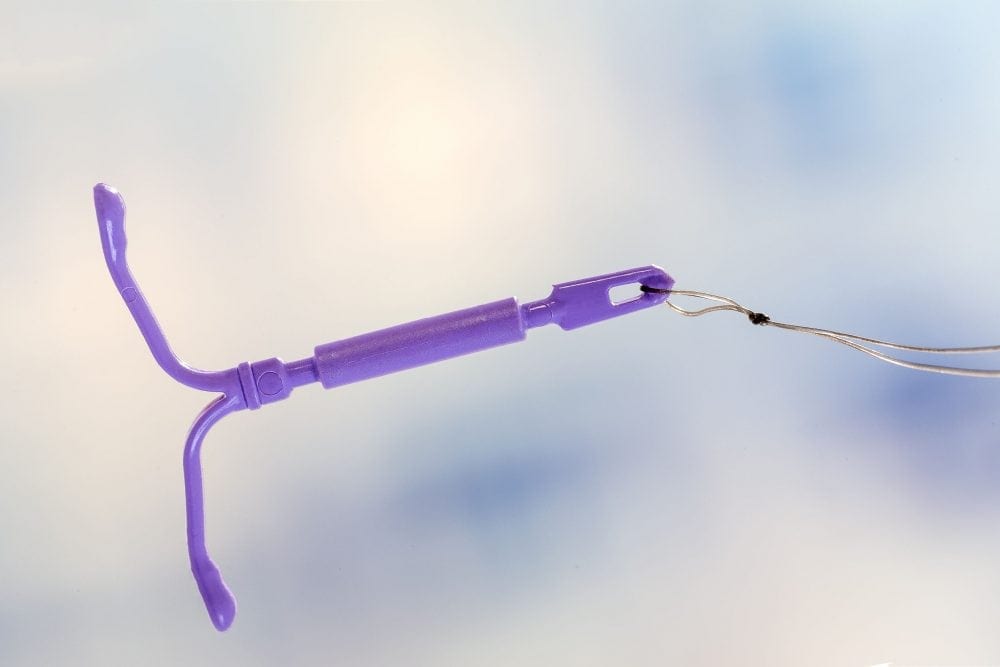
IUD Stands For “Intrauterine Device”
What exactly is an IUD? To put it simply, it’s a small T-shaped rod that’s inserted into your uterus. The rod isn’t huge and it should only take a few minutes to insert.
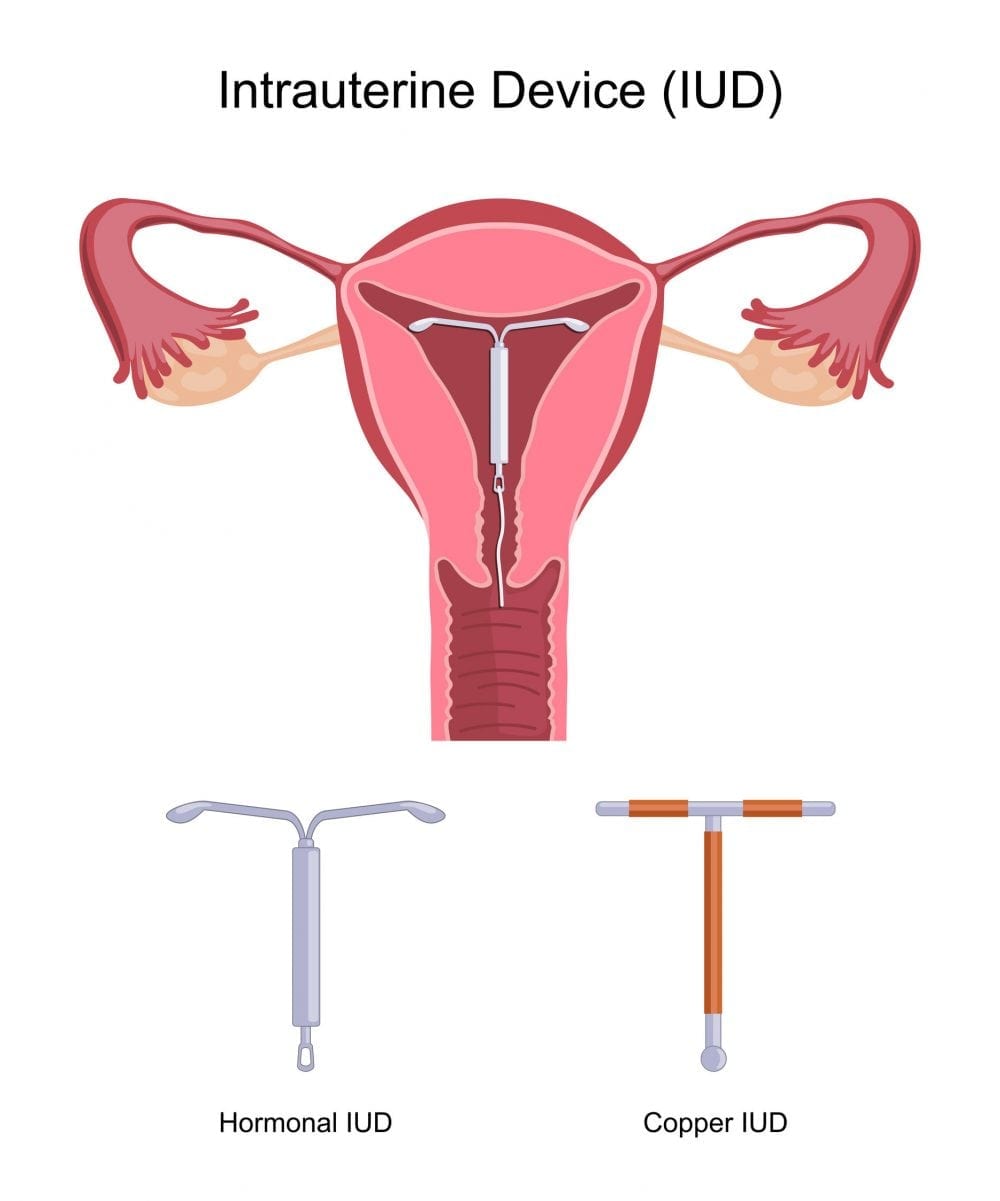
There Are Two Main Types Of IUDs To Choose From
There are two most popular IUDs; the cooper and the hormonal. The copper IUD has no hormones and is made from plastic and copper. The hormonal IUD contains hormones and is made just from plastic. Both IUDs work to stop sperm in its tracks. The copper one does that by releasing copper and the hormonal does it by releasing levels of hormones known as levonorgestrel. It’s crucial you consult with your doctor before choosing which one you think will be best for you!
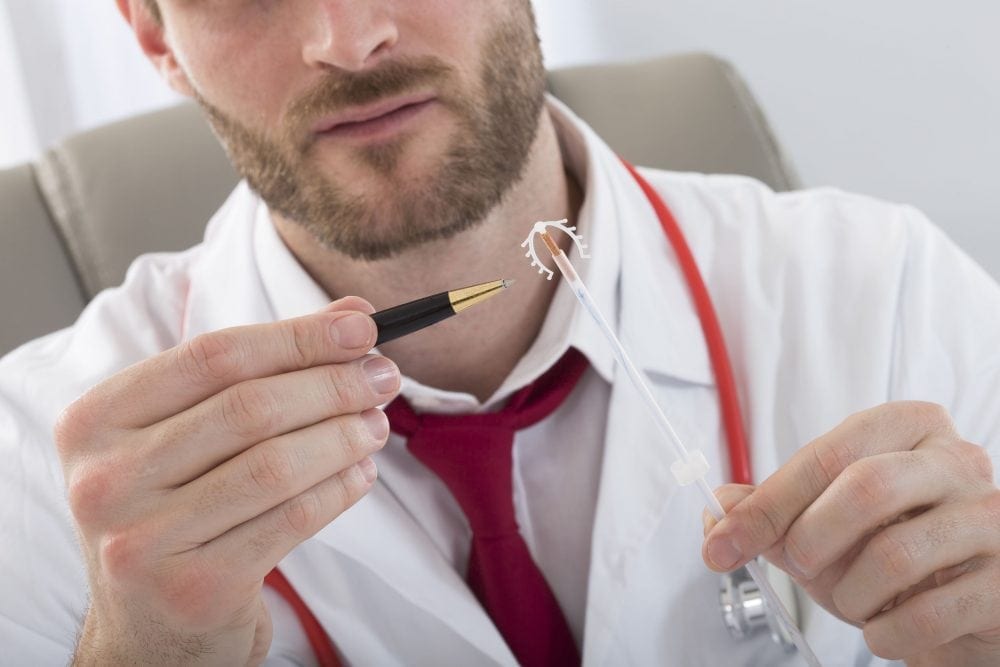
They Get To Work Pretty Quickly
Like birth control pills, it doesn’t’ take a while for IUDs to start protecting you. A copper IUD is effective immediately after it’s inserted. A hormonal IUD is effective about a week after it’s inserted. Possibly sooner, depending on when you had your last period.

You’re Going To Experience Pain
Unless your pain tolerance is incredibly high, you’re going to feel quite a bit of pain while the doctor puts your IUD in. Typically, doctors recommend taking Tylenol (or some sort of pain medicine) before the procedure in order to help prepare yourself. But even still, it’s going to hurt. Yes, the pain will subside but that initial feeling is intense! (You’ve been warned.)
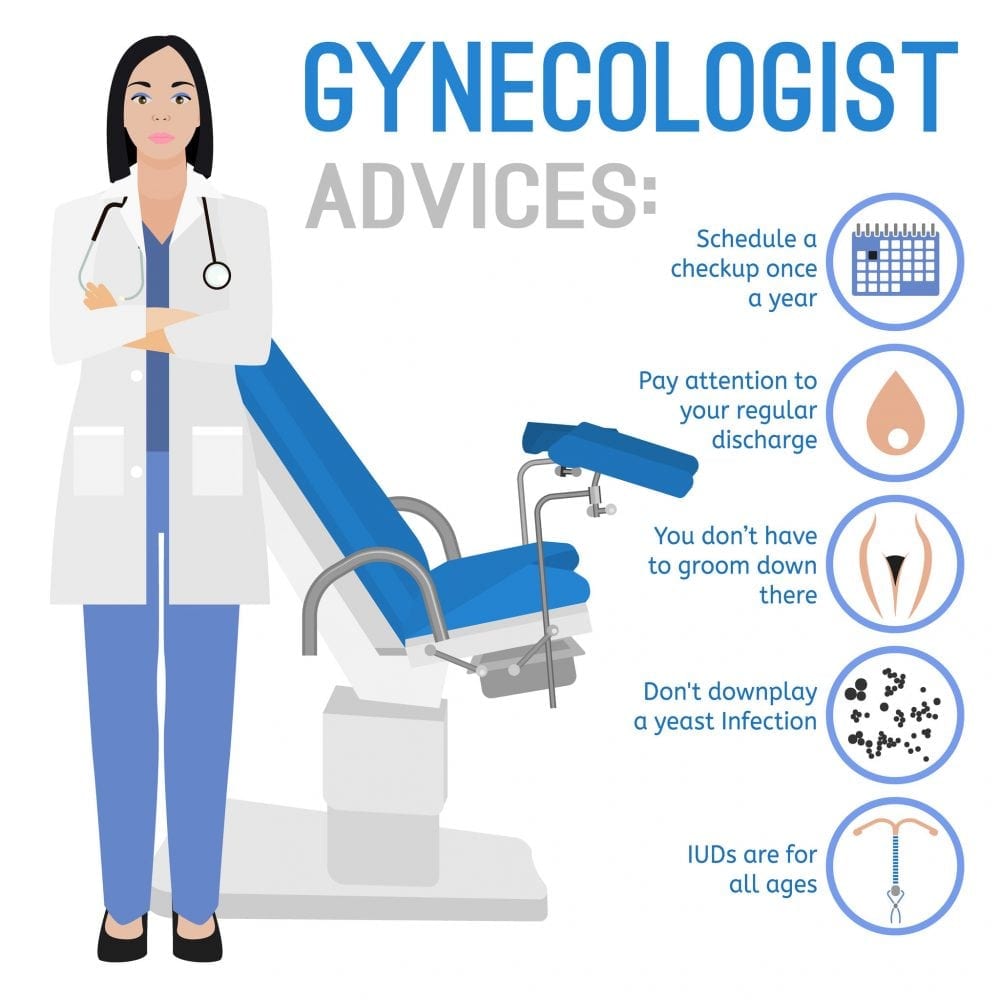
They’re Not Just For Moms
For whatever reason, there are a ton of commercials about how IUDs are great for moms. While this is true, this birth control method is great for anyone who wants to avoid an unwanted pregnancy. There’s no age restriction on IUDs which makes them an option for any woman, of any age, who are looking for a birth control method.
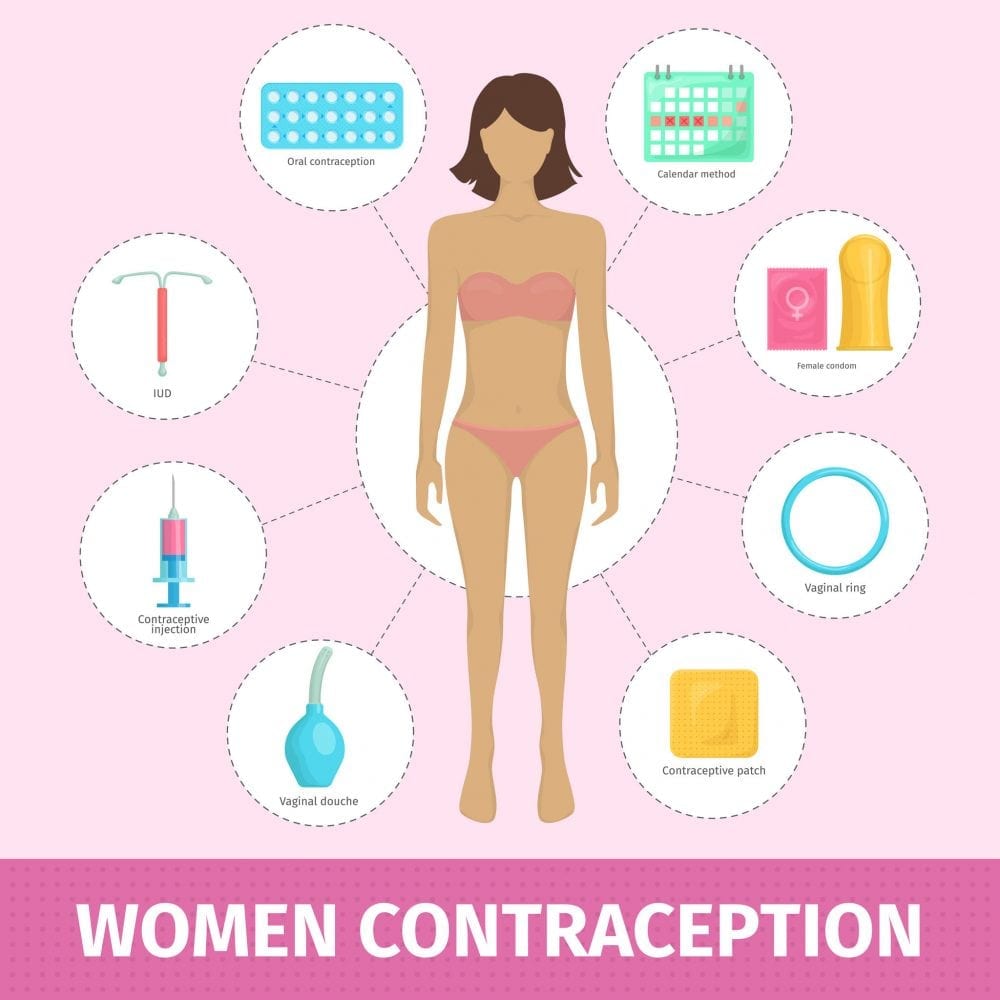
But, They’re Not For Everyone
While most women won’t experience any major side effects with an IUD, there are some who might want to re-think getting one. If you have a tight cervix, thyroid problems, any type of infection or cancer, or an abnormal uterus, an IUD might not be for you. With that said, you should definitely talk to your doctor to get their opinion.

You Shouldn’t Feel It During Sex
IUDs are inserted into your uterus, not your vagina. So, you (or your partner) shouldn’t be able to feel it during sex. With that said, there have been reports of people being bothered by the strings that hang down from the IUD. Unfortunately, those strings are necessary for removal of the rod. But, your doctor can adjust it if need be.

They Can Ease Your Period
Another reason why people are drawn to IUDs is that they can alleviate some of the pain women experience during their period. If once a month you’re in absolute agony thanks to cramps, headaches, and other hormonal side effects, an IUD might be the answer to your problem. IUDs have the potential to give you a shorter period and less painful cramps. Some women have even reported no period at all.
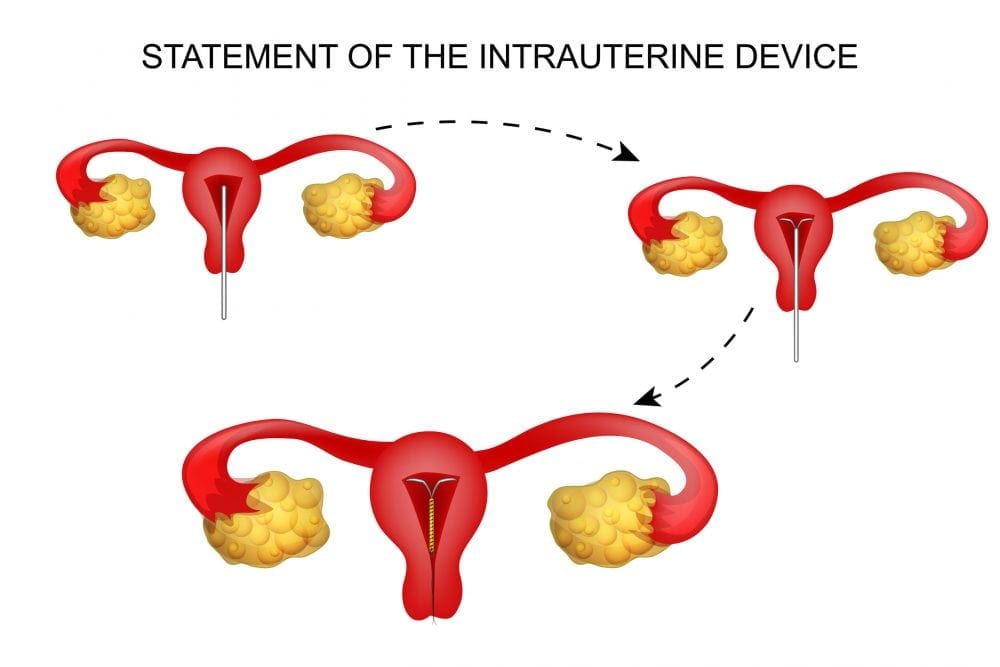
You Should Make Sure They’re In Place
Most doctors will recommend you make an appointment with them to make sure the IUD is still in place. Although that’s a great idea, you can make sure everything is okay yourself. IUDs have strings that you can easily feel for. Check to make sure they’re there every now and again. It’s not likely, but IUDs can work their way out of the uterus. Once again, this isn’t incredibly common but using your finger to make sure the strings are still there is a simple way to double check.

They’re Very Effective
Most IUD’s are 99% effective at preventing pregnancies. Why? Because there’s no risk of human error. Unlike condoms or birth control, you don’t have to worry about forgetting to put it on or taking your pills on time. IUD’s help take the pregnancy risk out of sex.

But, They Do Not Protect Against STD’s
Like many other types of birth controls, IUDs DO NOT protect against sexually transmitted diseases. Unless you know the person’s sexual history, you should still use condoms, in addition to birth control or an IUD, to make sure you’re 100% protected at all times.





